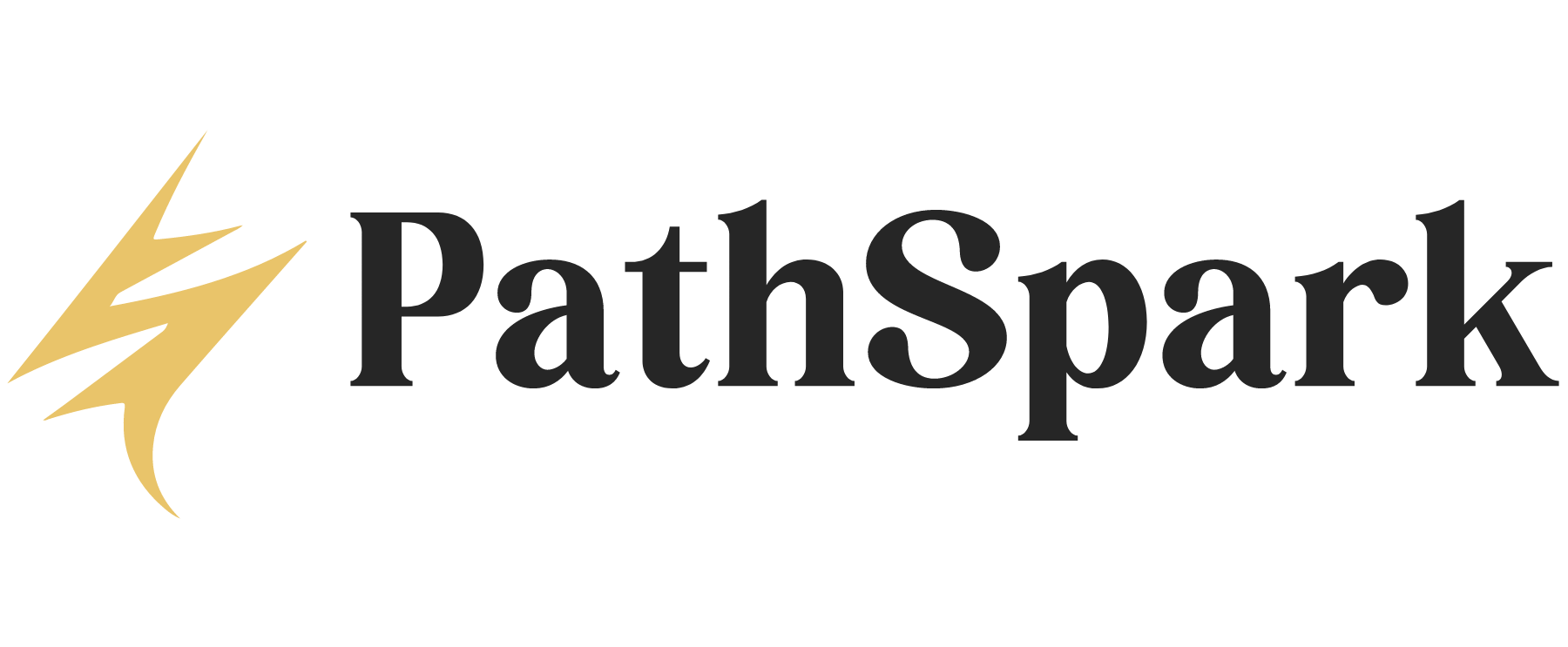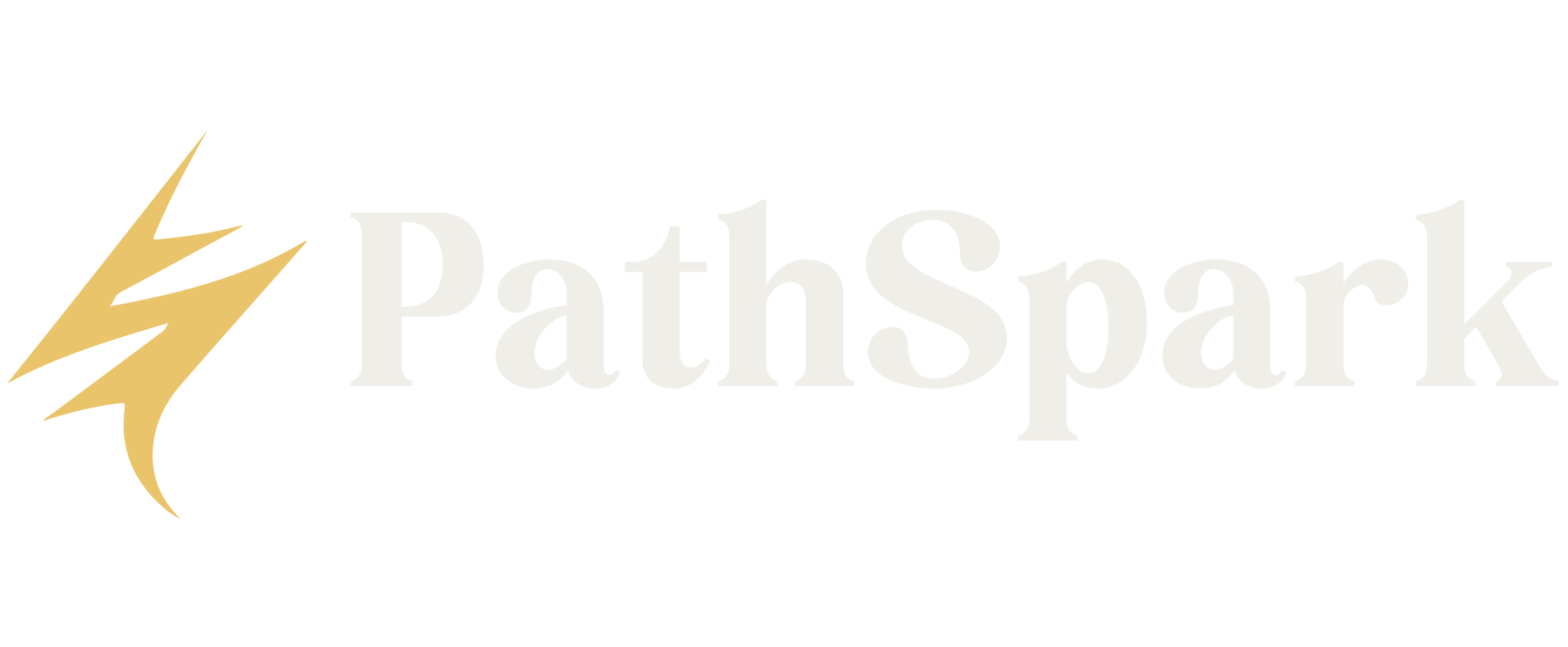Our Mission
In today's fast-paced and ever-changing world, students face an overwhelming array of choices and expectations when it comes to their future careers. This can lead to stress and anxiety, exacerbating the teen mental health crisis. Many students feel lost and overwhelmed, unsure where to start or how to narrow down their options. They often believe they need to have their entire career path figured out early on, not realizing that it's perfectly normal and even beneficial to explore and change directions.
One effective way to bridge this gap is through teaching career literacy, reframing assumptions about how careers work, and providing guided self-reflection. This approach helps students feel less overwhelmed and more confident in their ability to make informed career decisions.
Self-reflection is a crucial part of this discovery process. Organized and structured introspection leads to continuous growth in self-awareness. Instead of directly asking students what they want to do – a question that can feel too open-ended and overwhelming – we guide them through a process of brainstorming and refinement. This methodical approach makes the discovery process manageable and meaningful.
Many students in our trial program found it much easier to articulate their career interests and goals after engaging in this structured process of self-reflection. They appreciated how each module built upon the previous one, creating a coherent and comprehensive understanding of their interests and aspirations. This clarity not only lifts a weight off their shoulders but also reduces stress and opens them up to vulnerability and authenticity.
Seeing their thoughts and reflections laid out on paper, many students reported feeling a sense of relief and clarity. It's a common experience for high school students to feel bombarded with information and ideas about their future, leading to information overload. Our approach helps them organize and analyze these thoughts systematically, making the process less daunting.
Career planning starts with reframing incorrect assumptions students might have about their career paths. We emphasize that it's okay not to have everything figured out, to change paths, and to explore multiple avenues for happiness and fulfillment. Drawing inspiration from Steve Jobs' famous quote – “You can't connect the dots looking forward; you can only connect them looking backwards" – we encourage students to understand that figuring out their career is a journey, not a destination they need to reach while still in high school.
At PathSpark, we believe in the power of coaching to inspire, guide, and help students make sense of their self-reflection. Coaching creates a safe and empowering space where students can be vulnerable, open up about their aspirations, and connect the dots of their interests and experiences. The simple act of discussing their thoughts with a coach adds significant value, helping them to craft a personal narrative around their self-reflection.
We advocate for a structured approach to understanding interests, which I call “career design.” Just like learning the fundamentals in sports or music, career planning should start with the basics – an understanding of oneself and the myriad of possibilities that the future holds. This should be an essential part of every student's education, equipping them with the tools they need to navigate their future with confidence and clarity.
The journey of career planning is a vital aspect of a student’s development. It's a process that should be approached with care, thoughtfulness, and a willingness to explore and adapt. By fostering career literacy and guided self-reflection, we can empower the next generation to approach their future with confidence, curiosity, and a clear sense of direction.


